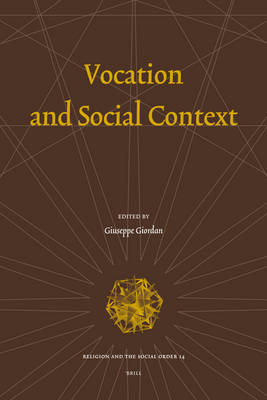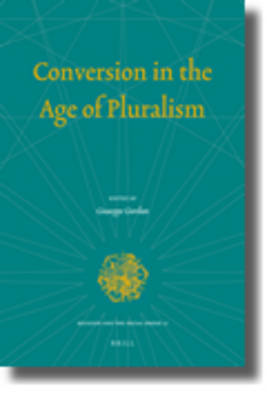Religion and the Social Order
2 primary works
Book 14
The category of Beruf has intrigued sociology since Max Weber made it a fundamental element in understanding the relationship between the individual and society. The richness of the concept can be found in the simultaneous polarity and interpenetration between the subject’s personal profession and the feeling of a call from God: precisely this ambiguity widens the possibility of applying the concept in understanding the meaning that individuals give to their own professions, activities and, more generally, "life in the world.” Illustrating the different ways in which “vocation-profession” can be interpreted, and how it can be studied from various perspectives and with different scientific sensibilities, this book demonstrates how the concept of Beruf continues to be fertile for contemporary sociology. Contributors: Anthony J. Blasi, Andrew J. Weigert, Franco Garelli, Luigi Berzano, Robert M. Fishman, Keeley S. Jones, Laura M. Leming, Giovanni Dal Piaz, Robert C. Butler
Book 17
The theme of conversion constitutes a privileged point to study the framework linking an individual to the sociocultural contexts in which he or she is included. Changes in personal biographies and sociocultural change are interwoven when we speak of conversion: values, speech, norms, behaviors, beliefs, lifestyles, interests--everything is open to potential debate when an individual "converts." Conversion is especially developed here through a connection with the dynamics of pluralism, which appears to be the most peculiar cultural characteristic of our era: what does it mean to speak of "conversion" in a time in which it seems that the presumption of only one "true" truth no longer exists, while instead many different truths live together, each with its own judgment criteria.

